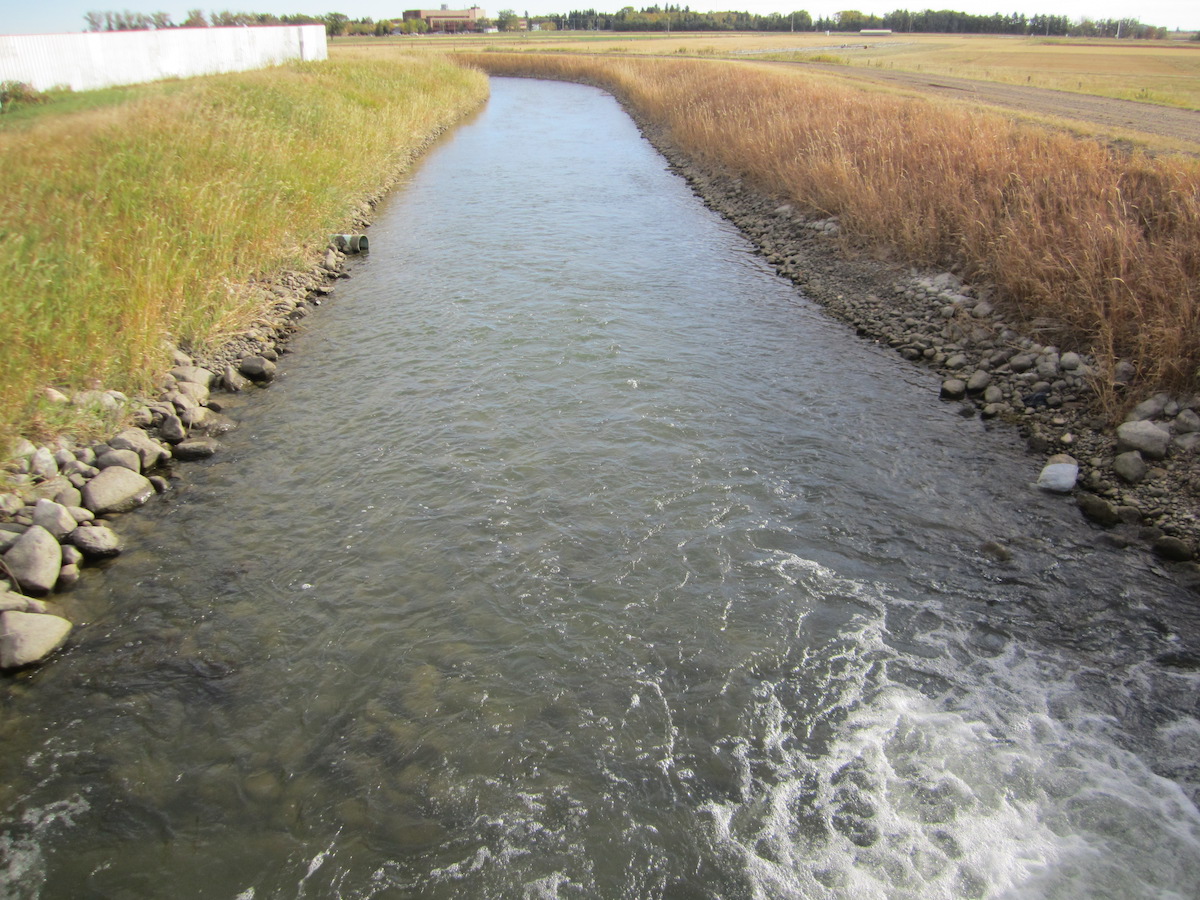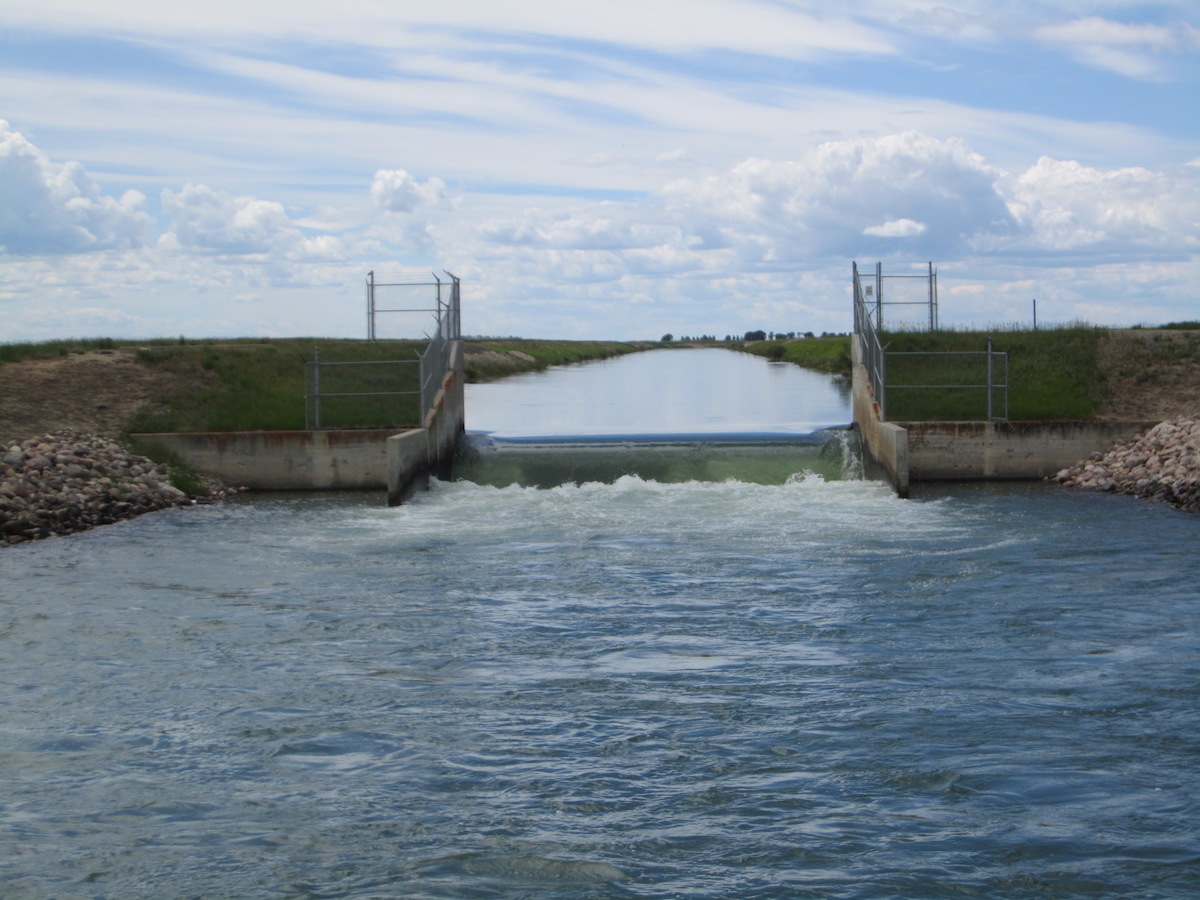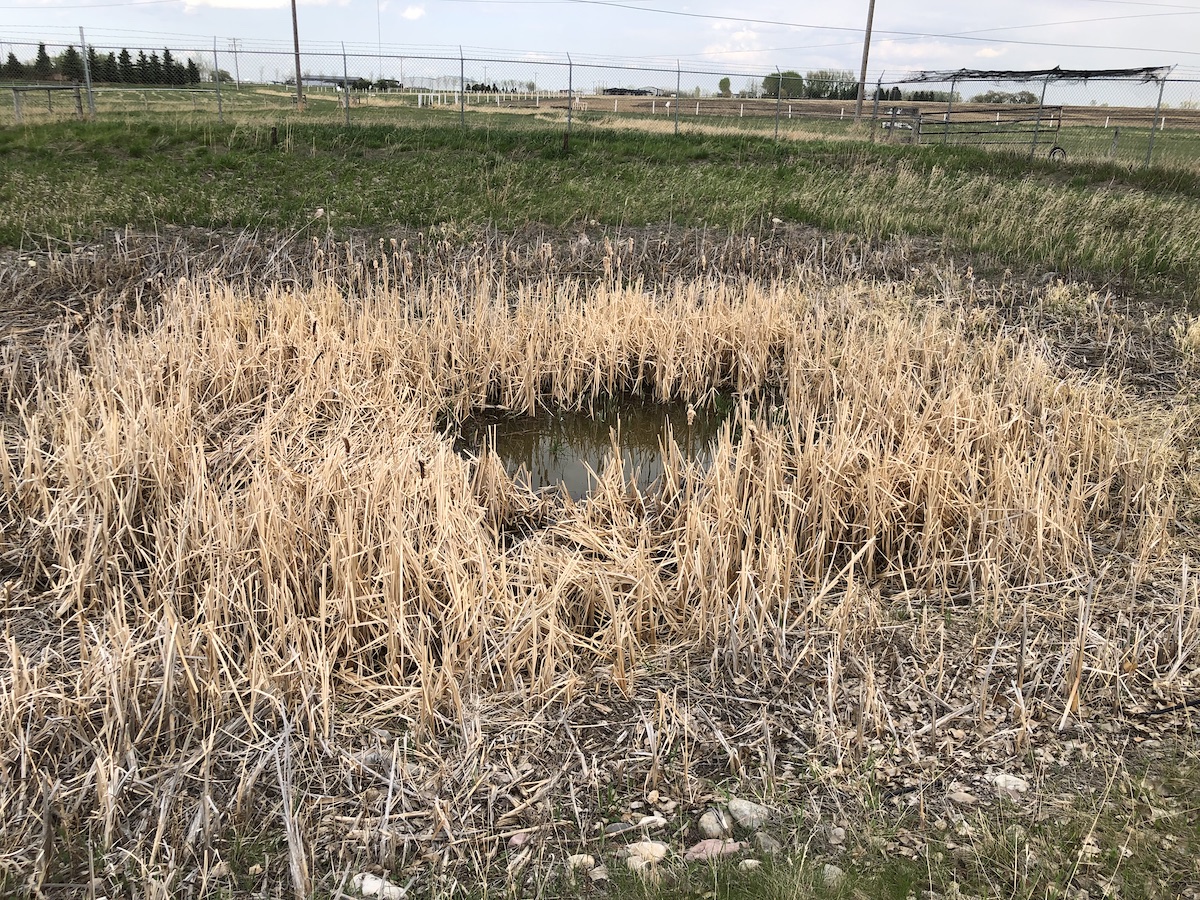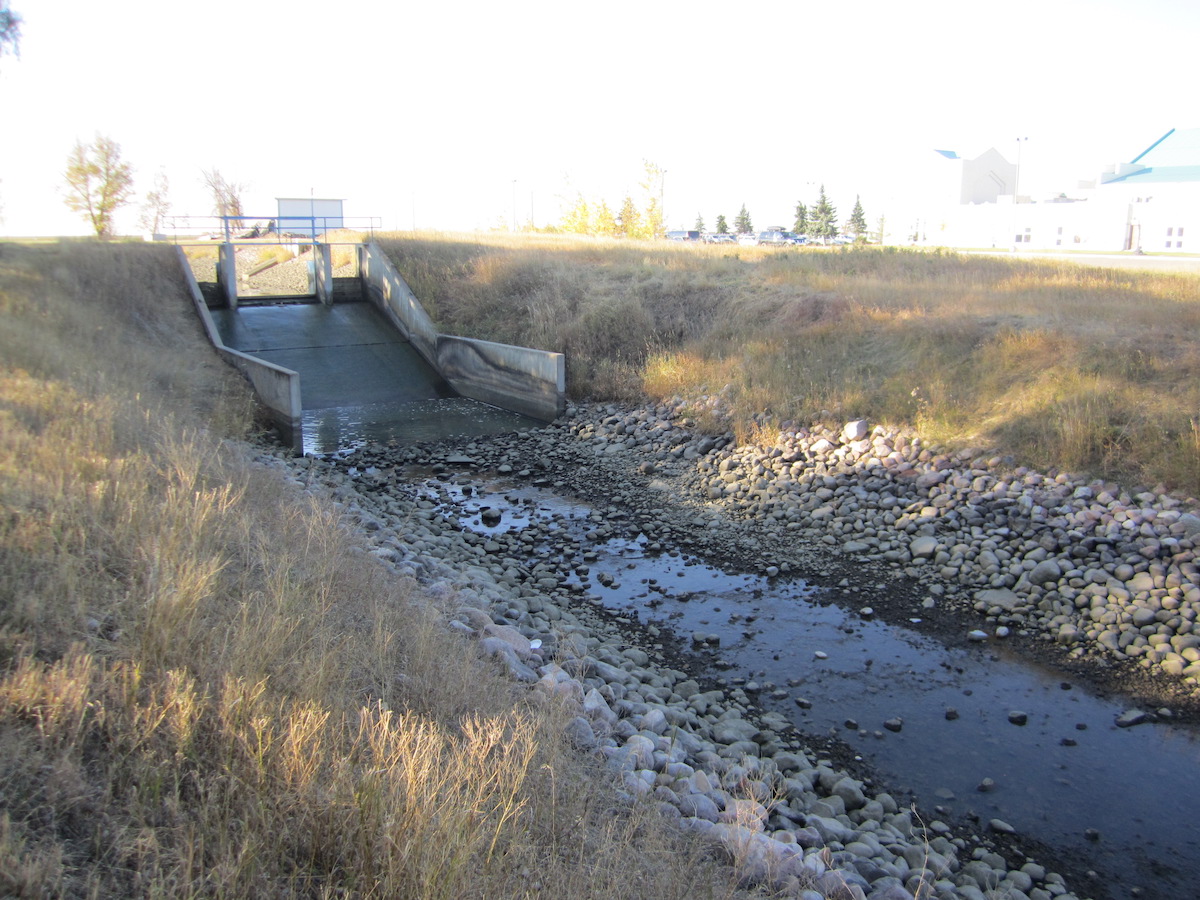Unsustainable Use of Water

An Impending Global Danger
S. K. Basu
Water conservation has been an increasingly important priority across the planet in developed, developing, and under-developed nations in both hemispheres. The alarming increase in global human population across the planet has been putting excessive pressures on all our natural resources. Water is one such commodity that has been hit hard and hence needs urgent attention. Excessive, non-judicious, and explorative use of water for domestic, agricultural, and industrial purposes with no long-term planning has been one of the factors at the root of the state of globally available potable water today.
For a long time, our utter negligence and lack of sensitivity towards sustainable use of natural resources has aggravated the current global crisis of water in every aspect of human life. It is us humans inhabiting the green planet that are critically responsible for the rapid loss of freshwater water resources and initiating this global crisis. Climate change and global warming are further making the situation worse and are anthropogenic in nature.
Our bad habit of using excessive agrochemicals to secure agricultural productivity has been contaminating both groundwater and surface water resources alike. Various agrochemicals in the form of pesticides, herbicides, and insecticides, as well as synthetic fertilizers and numerous plant growth regulators, have a long life in the soil before undergoing biodegradation. Several of these chemicals slowly percolate into our precious underground water sources. Other chemical residues surviving in the soil long after application are washed away by irrigation water or rain into adjacent freshwater bodies thus contaminating them over time. The presence of such chemicals in freshwater bodies promotes changes in both physical and chemical parameters of water and stimulates the growth of undesirable bacterial species that reduce available oxygen in the water, making the water unsuitable for human and animal consumption and threatening the acquatic ecosystem.

Furthermore, the legal and illegal release of untreated industrial waste water into natural ecosystems is also proving detrimental to local aquatic flora and fauna, making them unsafe for human and animal consumption. Under the unacceptable and unfortunate circumstances of the release of untreated industrial waste water into ecosystems, highly expensive treatment processes are now being installed in order to render the water, flora, and fauna suitable, and to reduce the impact on the local environment. The cost of treating waste water is thereby increasing the base price of water making them unavailable to a large section of our society. This in turn promotes social discrimination, as well as improper allocation and distribution of water. No long-term planning for water conservation, as well as judicious use of water resources and treatment of waste water, has been observed across several under developed and developing nations.
Another significant impact on the looming global water crisis is due to the unplanned network of infrastructure development that interferes with the natural courses of rivers, tributaries, distributaries, streams, rivulets, springs, rapids, waterfalls, etc., negatively impacting recharging of groundwater and natural fresh water bodies (lakes, pools, ponds, bogs), as well as estuarine and marine ecosystems. Unsustainable infrastructural developments, such as building mega dams, as well as numerous micro water dams, is actually proving detrimental to our economy and ecology alike. Such dams for hydro power projects built in key riverine areas without proper impact assessment evaluations and planning have a short life, undergo rapid sedimentation that reduces the water holding capacity, promote occasional floods, damage local aquatic and terrestrial ecosystems, and affect local biodiversity. These impacts increase both our economic as well as ecological expenses with long-term detrimental consequences on both human and animal lives.

It is therefore extremely important for all of us to look to sustainable and judicious use of our water resources. Unless we move forward with sustainable practices and look for ways to conserve our groundwater as well as freshwater resources, we are doomed ourselves in the not-so-distant future.
Farmers and crop producers can have a significant positive impact through limiting or restricting over applications of various agricultural chemicals to prevent the rapid pollution of both ground water and freshwater resources.
Stringent laws should be established and protocols instituted to make sure that no untreated water could get into a natural environment and ecosystem via any available legal and illegal routes. We may need to change legislation and enact new laws and charge new taxes to prevent industrial pollution of our natural aquatic systems. Judicious and sustainable water use should be promoted by different government and non-government agencies and programs launched for public education and raising awareness of our global water crisis.
If we do not learn to be responsible today, we cannot expect to have a better tomorrow. Conservation of water should be promoted at every level and should be included in the course curriculum at primary, secondary, and post-secondary levels of education to capture our younger generations. Our new light bearers and future citizens are an important stakeholder in this process.

Non-judicious use of water as well as unacceptable wastage of water needs should be curtailed or prevented to the best of our abilities. Water conservation approaches such as rain harvesting should be promoted in both urban and rural areas alike to use this precious commodity from a long-term conservation and judicious use perspective. Construction of dams and infrastructure across sensitive aquatic ecosystems should be re-evaluated and reviewed before implementation.
Our current actions are important steps to achieving success with water conservation. All stakeholders in the process needs to be involved, educated, and made aware of our future global water crisis, jointly work towards strong global initiative and networks for successful water conservation and adoption of better water use practices. All members of society need to be actively engaged and involved in working towards water conservation practices. Our actions today will certainly help and make a difference in conserving water for the future.
Saikat Kumar Basu has a Masters in Plant Sciences and Agricultural Studies. He loves writing, traveling, and photography during his leisure and is passionate about nature and conservation.
Feature image: Ecology and economy must walk hand in hand . Credit: S. K. Basu



